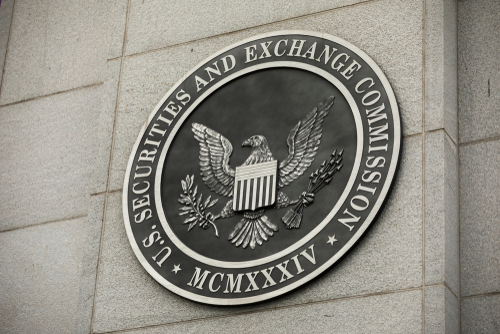The Securities and Exchange Commission (SEC) said on Tuesday it reached a settlement with Concord, California-based investment adviser AssetMark related to undisclosed conflicts of interest.

The conflicts of interest involved a cash sweep program operated by AssetMarkʻs affiliated custodian and its receipt of millions of dollars in revenue-sharing payments from third-party custodians.
From at least September 2016 to January 2021, AssetMark failed to adequately disclose conflicts of interest arising from its affiliate’s cash sweep program, which transferred, or swept, clients’ uninvested cash into interest-earning bank accounts, according to the SEC’s order. Specifically, AssetMark did not advise clients that it helped set the fee that its affiliate custodian received for operating the cash sweep program. The fee reduced the amount of interest paid to those clients.
Additionally, the SEC said that from at least January 2016 through August 2019, AssetMark received custodial support payments from some third-party custodians based on assets held in certain no-transaction-fee mutual funds. However, it failed to disclose to clients that, in some cases, there were lower fee share classes with lower expense ratios available to clients. If they were used by clients, they would not have resulted in payments to AssetMark.
“Investment advisers have a fundamental duty to disclose conflicts between their own financial interests and those of their clients,” Andrew Dean, co-chief of the SEC Enforcement Division’s Asset Management Unit, said. “Here, AssetMark failed to disclose multiple financial conflicts of interest where AssetMark and its affiliated custodian reaped significant financial benefit from decisions it made.”
The SEC found that AssetMark violated the antifraud and compliance provisions of the Investment Advisers Act. Without admitting or denying the SEC’s findings, AssetMark consented to a cease-and-desist order requiring it to be censured, comply with certain undertakings, and pay a civil penalty. The penalty amount is $9.5 million, which it must pay along with disgorgement and prejudgment interest of more than $8.5 million, all of which is to be distributed to harmed investors.